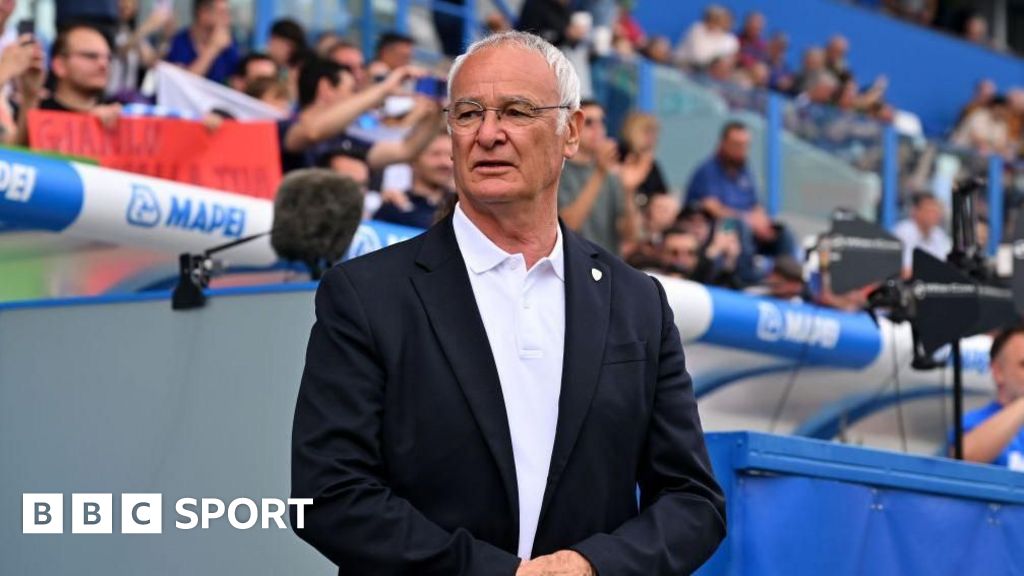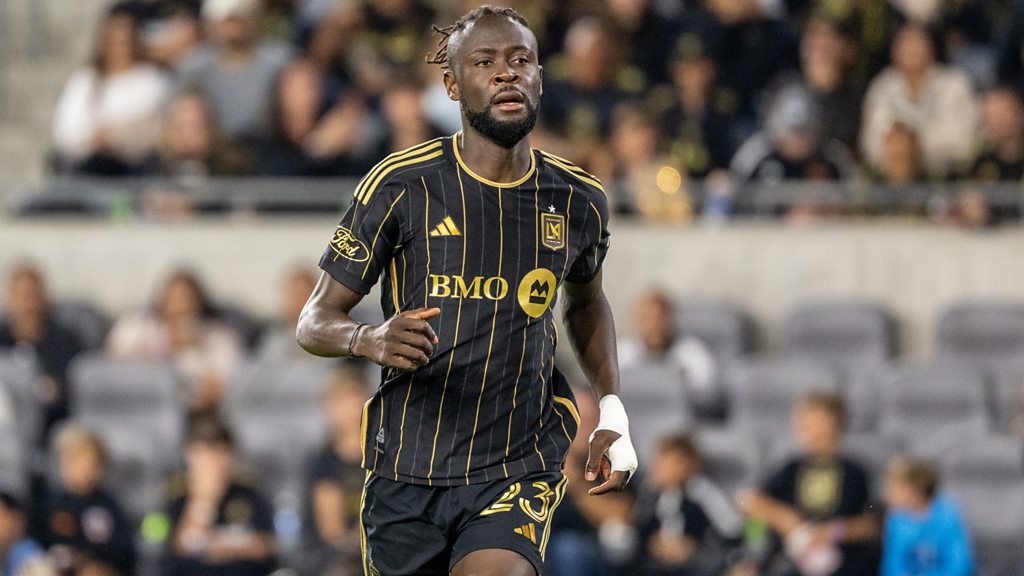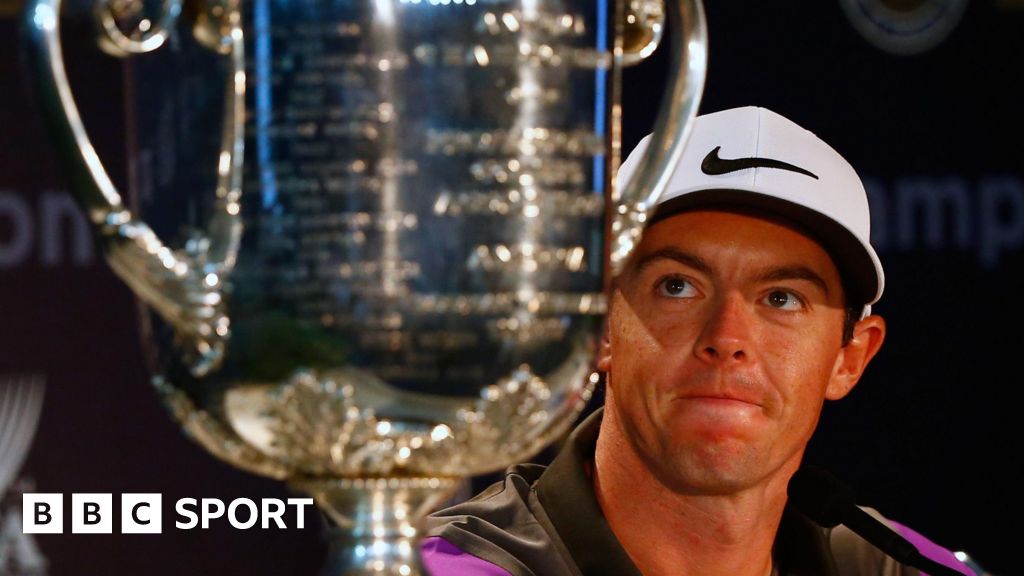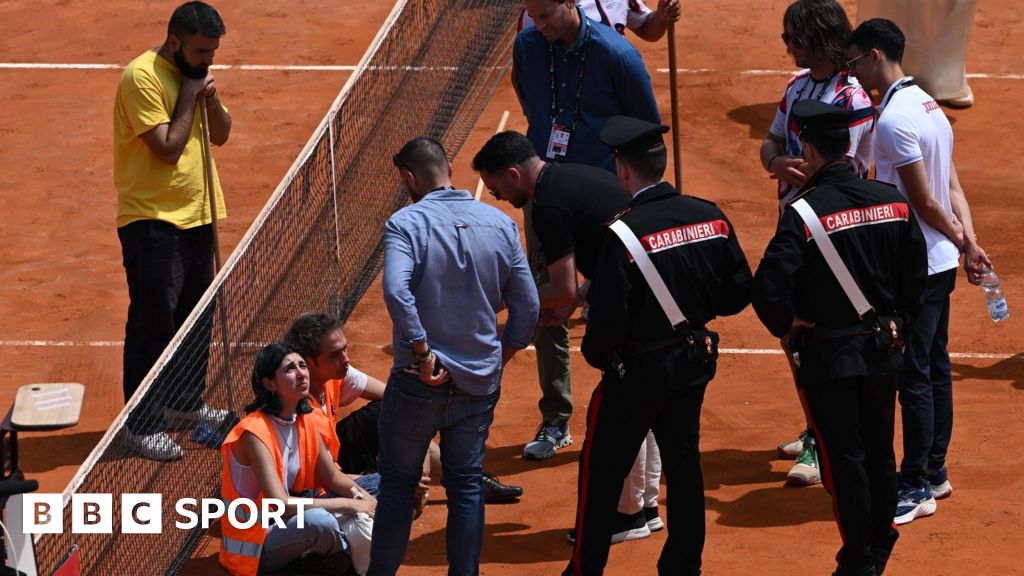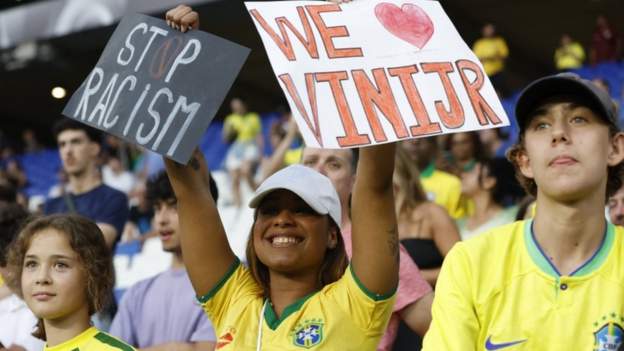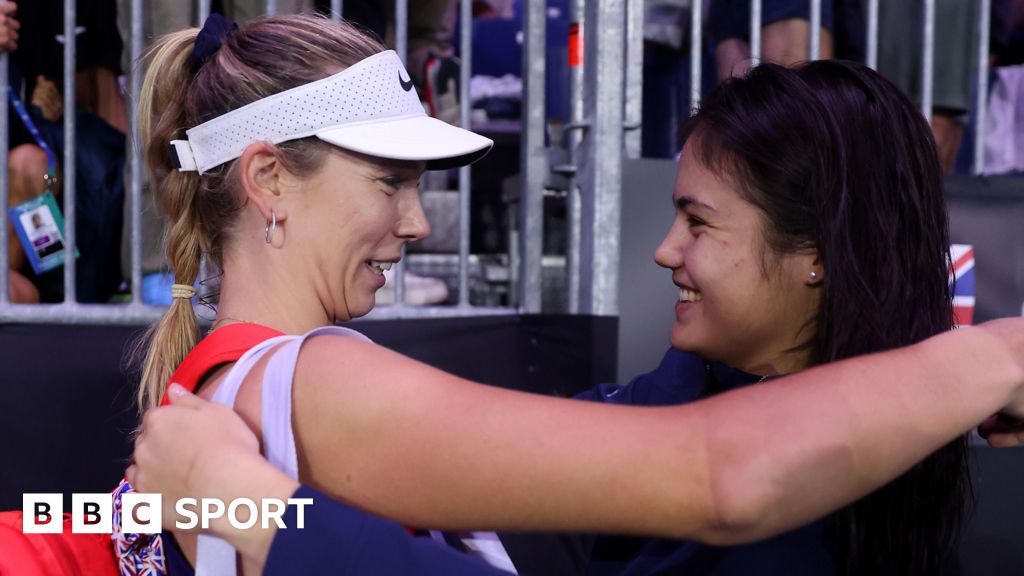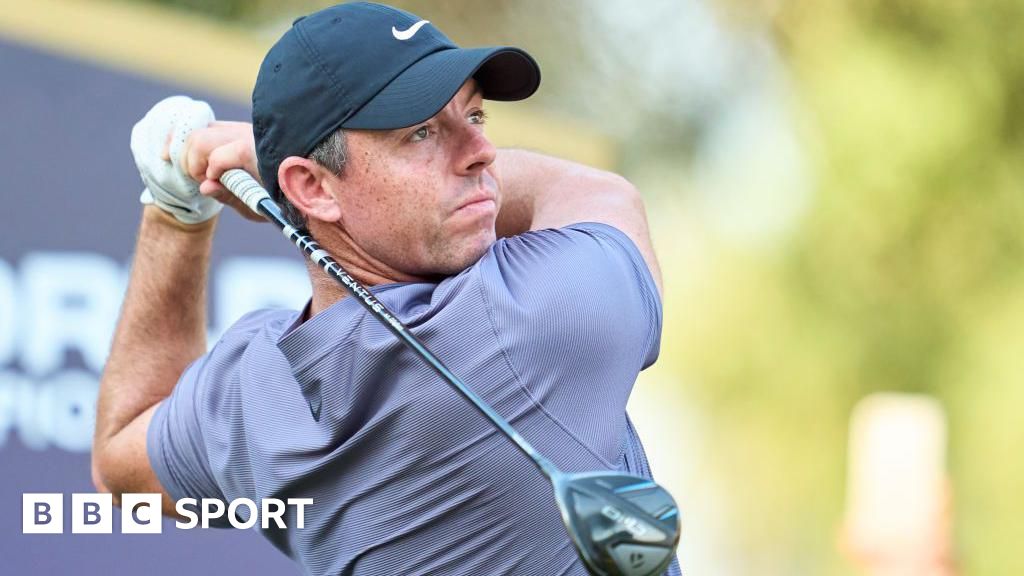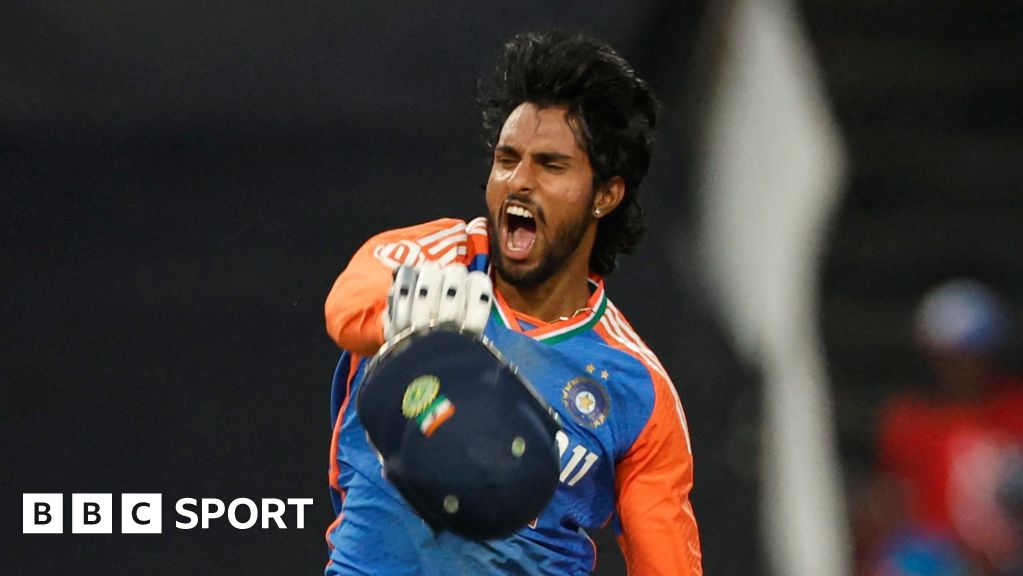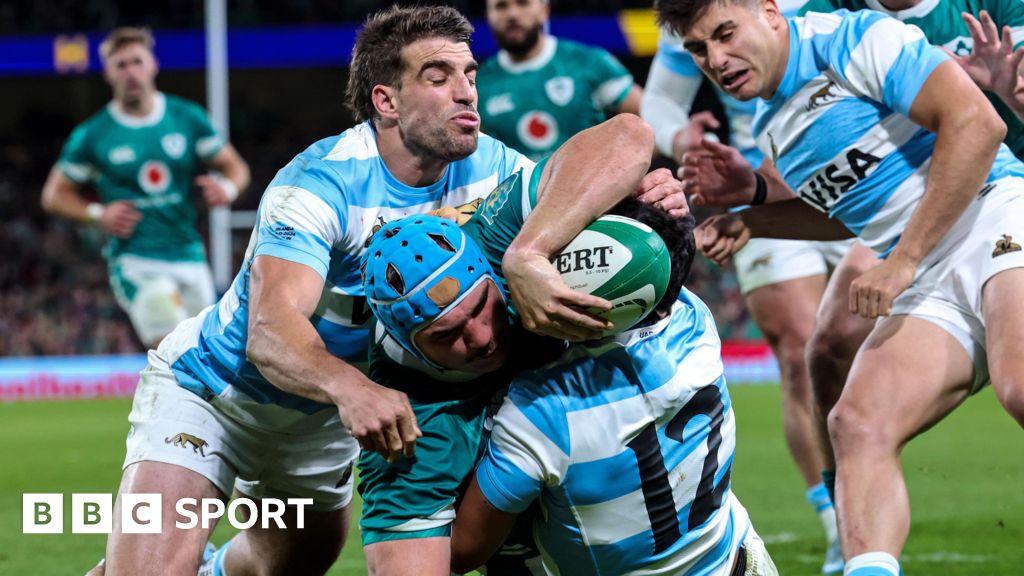This was his third win in consecutive tournaments, each time beating the best players in the world to win The Open at Hoylake, a World Golf Championships event at Firestone and then the Wanamaker Trophy in the evening gloom of America’s gateway to the south.
His one stroke victory over Phil Mickelson completed the highest summer in what remains a glorious career for the Northern Irishman.
McIlroy was 25 years old and the winner of four major titles, a feat matched at such a young age by only Tiger Woods, Jack Nicklaus, Bobby Jones and Young Tom Morris.
His rate of success was keeping company with legends. Natural talent allied with the cockiness that comes with knowing you are more gifted than your rivals made him an irresistible force.
So nothing was going to stop him on that final day at Valhalla, where he led by one heading into a delayed closing round, but trailing Rickie Fowler by three when he embarked on the inward half.
Back then, things would fall into place for McIlroy. He had the knack and this victory appeared to prove he could win a dogfight as well as dominate the biggest events.
His first two major wins – the 2011 US Open and the following year’s PGA were won by eight shots. He won wire to wire at Hoylake, but Valhalla was different.
It was a scrap and on the par-five 10th hole McIlroy was on the ropes playing his second from 283 yards out. He wanted a high draw from his fairway wood, instead it was a low mishit that flew in the opposite fashion.
“Oh, he’s necked it,” Sir Nick Faldo accurately told American TV viewers. But the ball bounded to the green and ran up to six feet. Faldo apologised, erroneously thinking the ultimately successful shot had been fully intended.
McIIroy, meanwhile, capitalised by calmly canning the eagle putt. He added birdies at 13 and from a fairway bunker on the penultimate hole.
Fired up by Fowler and Mickelson fist pumping together on their way to the 12th tee, as if on a joint mission to take down the European upstart, McIlroy fed from an empowering incentive to deny these American stars.
He wanted the win and needed it that night. Arriving on the 18th tee two ahead with playing partner Bernd Wiesberger, McIlroy was dismayed to find that the US pair were only just teeing off on the closing par-five hole.
The only way the last two players could finish would be if those in front called them up to hit their drives and second shots – an unprecedented scenario that was deeply unappealing to Mickelson and Fowler.
At McIlroy’s behest, officials convinced the Americans. “I’m not a huge fan of conflict, but when push comes to shove, I will,” McIlroy said.
“That was one of those times when I needed to sort of assert my will on a situation. I think if I wasn’t as pushy as I was, I would have had to sleep on that lead and on that tee shot overnight, I just didn’t want to do that.
“I think the guys up ahead were pretty unhappy with how it all unfolded. I got the result that I was looking for in the end and that’s all that matters.”
Mickelson very nearly chipped in for eagle while Fowler three putted in the gloom. McIlroy required only a par, but that was in jeopardy as his drive headed towards water down the right.
It found dry land – another break, the sort of which seems the preserve of enduring champions but that has subsequently been so elusive. He hit into sand with his second, then splashed on to the green.
McIlroy’s first putt was not the best, but sneaked up to the hole side and he tapped in before unleashing a smile that lit up the pitch darkness enveloping the scene.
No-one could have envisaged that 10 years on we have not seen McIlroy add to his major tally. “At that point in my life, golf was absolutely everything to me,” he recently told Geoff Shackelford’s Quadrilateral sub stack.
“And I lived and died by every result. It’s a little different today where I’m married, have a child and after the round you’re just a father.”
He is a better all round golfer these days; he has won consistently at every level other than the majors in the ensuing decade and now has 26 PGA Tour wins. But he has never possessed the killer instinct that was so apparent at that 2014 PGA Championship.
Then, McIlroy was the undisputed world number one and he currently lies second behind Scottie Scheffler in the rankings. In all bar one of the year end standings in the past decade he has resided comfortably inside the top 10 – he was 11th at the end of 2017.
Of the top 10 players that week in 2014, Jason Day is currently the highest ranked at 19 in the world. No one should argue with McIlroy’s astonishingly and enduringly consistent performances on the toughest tour in the game.
But in the majors he has not been able to impose his will in the way that he did in that win at Valhalla. He failed to do so in the final group of the 2018 Masters, likewise at the 2022 Open when he was overhauled by Cameron Smith.
And in Los Angeles last year he coughed up an untimely bogey at the par-five 14th, which ultimately cost him US Open defeat to Wyndham Clark. “Even at LACC last year, I go back to the house afterward and I’m just dad,” McIlroy told Shackelford.
“It’s a different perspective. So I think that’s where I don’t live and die as much by my results or by the day-to-day like I used to.”
But given the imperious form he showed in Charlotte last week, perhaps this is the PGA Championship to rekindle the ruthless streak of old. And not just because he is back at Valhalla (the Nordic word for the hall of the fallen).
It also became clear last week that McIlroy is somewhat persona non grata to the PGA Tour’s Policy Board. His views on a global future for this damagingly split sport do not seem to chime with the American dominated body.
His offer to return to the board from which he resigned earlier this year was rejected and he has been left as a mere non-voting member of the “transaction committee” dealing with a potential deal with Saudi Arabia.
McIlroy insists there are “no hard feelings” but there should be.
No player has worked harder for their sport during this period of unprecedented tumult and the board has rejected someone many people regard as the game’s most articulate and enlightened international voice.
Now is, surely, the time for McIlroy to feel slighted and respond with his his clubs. Play as though he has a chip on his shoulder, but in the knowledge that he is generationally the most consistent golfing force out there.
In short, stick two fingers up to the rest. Just like he did almost 10 years ago at the same venue.

